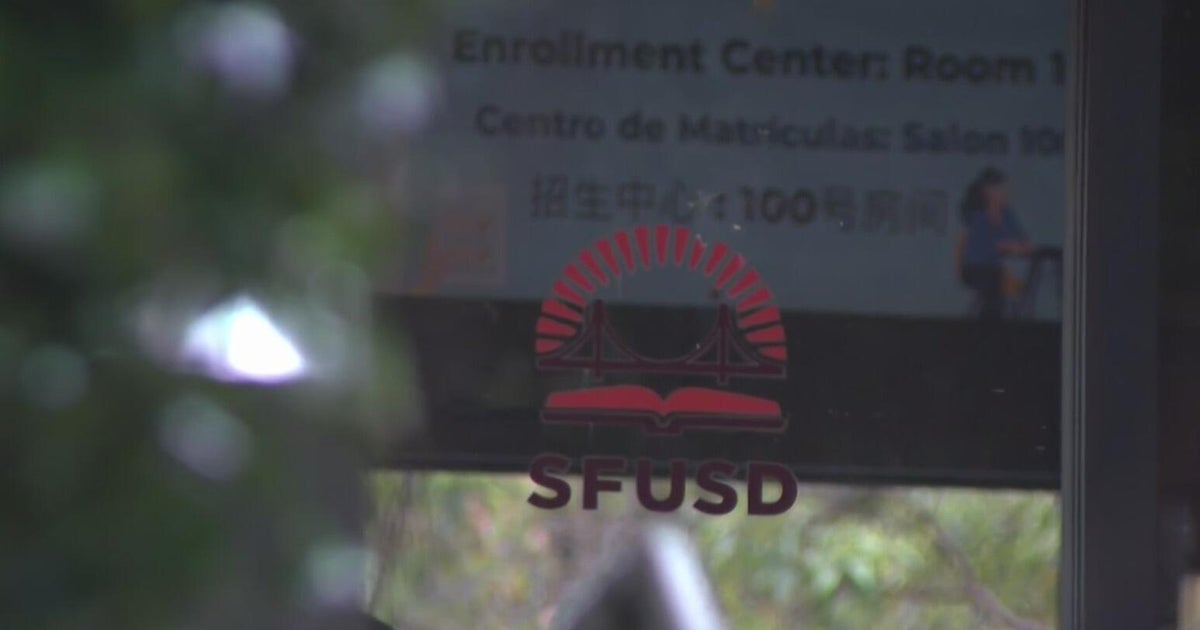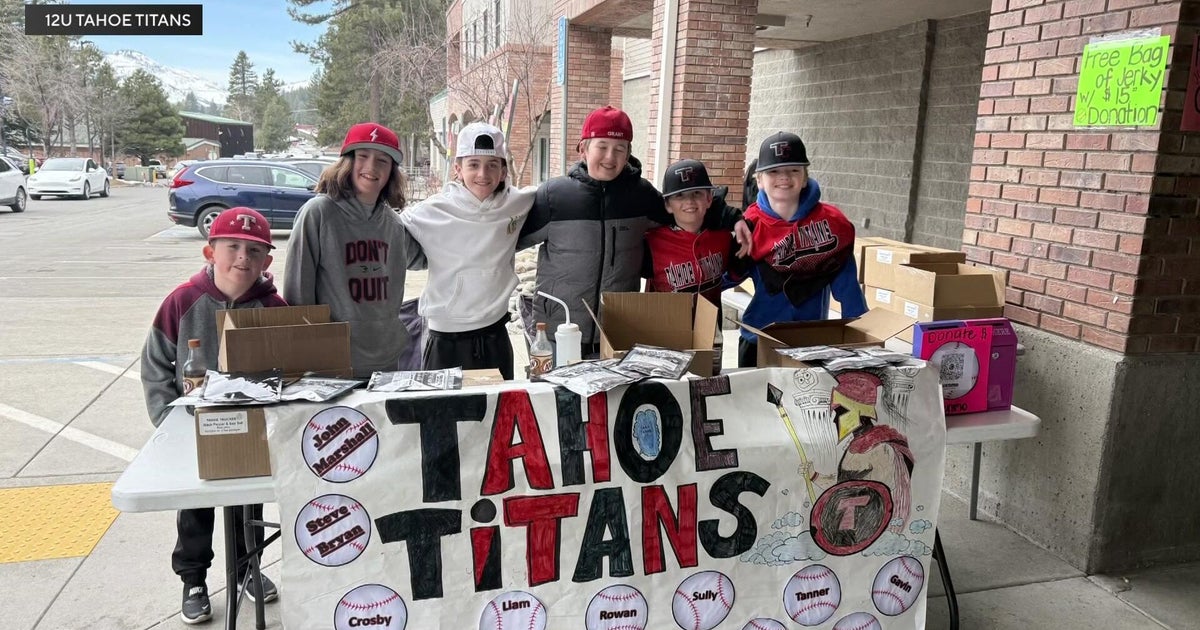Facebook Revamps Messaging: Combines E-Mail, IM & SMS
SAN FRANCISCO (CBS 5 / CNET / AP) -- The popular social network Facebook unveiled a new messaging platform Monday that takes aim at one of the Internet's first applications, e-mail.
Although blogs had speculated that Facebook would announce an e-mail service to rival Google Inc.'s G-mail and others, Facebook said e-mail was just one component of its plans.
CEO Mark Zuckerberg, speaking to reporters and bloggers at the St. Regis Hotel in San Francisco, declared that e-mail was past its prime in the age of texts and instant messages. The first Internet e-mail system arrived in the early 1970s.
"We don't think that a modern messaging system is going to be e-mail," Zuckerberg said in a press conference unveiling the new Facebook service called "Project Titan," which integrates cell phone texts, chats, e-mail and the existing Facebook messages.
"If we do a good job, some people will say this is the way that the future will work," he added.
Underscoring the enormity of the project, Facebook's director of engineering, Andrew "Boz" Bosworth, said 15 Facebook engineers worked on "Project Titan" for 15 months.
Zuckerberg indicated that unveiling an e-mail product alone wouldn't have taken into account all the other means of digital communication that have sprung up and are now used by hundreds of millions of people around the world.
But by making e-mail part of its communications hub, Facebook escalates its duel with Internet search leader Google Inc., which shook up online communications six and half years ago with its G-mail service. Google has also said it will roll out more social networking features to counter Facebook's growing popularity.
Zuckerberg dismissed notions that "Project Titan" is the "G-mail killer" it's been dubbed by bloggers and the industry press. However, he noted that just as high school students are forgoing e-mail -- because "it's too slow" and "too formal" -- in favor of shorter, more immediate chats, more people down the line will send IMs and chats because it's simpler, "more fun" and more valuable to use.
While Zuckerberg claims "Project Titan" isn't meant to kill e-mail clients, it's clear that e-mail providers are noticing. AOL, for one, pushed out a preview of its e-mail overhaul this weekend. Google, meanwhile, has been making one attempt after another to use G-mail and G-chat users' networks of contacts as the basis for next-generation messaging products, but it hasn't had much luck: Google Buzz was poorly received, and the more experimental Google Wave was shut down altogether after a few months.
KCBS' Matt Bigler Reports:
Though e-mail is still a primary form of communication for older adults, recent studies suggest this is not the case for young people. Text messaging has surpassed face-to-face contact, e-mail, phone calls and instant messaging as the primary form of communication for U.S. teens, according to a 2009 survey from the Pew Internet and American Life Project.
E-mail use was the lowest - only 11 percent of teens said they use it every day to interact with friends, compared with 54 percent who said they text daily and 30 percent who said they use landline phones.
As a result, Zuckerberg noted that Facebook's new sweeping messaging system pulls in multiple channels of communication from across Facebook as well as other platforms, allowing for faster, shorter, and more real-time forms of messaging as well as Facebook's existing messaging service and chat client.
"It's not e-mail. It handles e-mail in addition to Facebook messages, and Facebook IM, and other IM and SMS and all the other different ways that you want to communicate," Zuckerberg said. "It's true, people are going to be able to have Facebook.com e-mail addresses, but it's not e-mail."
Facebook messaging and chat are used by 350 million of Facebook's 500-million plus active users around the world, and with four billion messages sent per day.
Facebook sees its messaging service as a way to deepen its connection with the users of its network. If it can persuade its vast audience to become faithful users of its e-mail service, Facebook conceivably will have more opportunities to sell advertising that caters to their likes and dislikes.
That ambition also could heighten the privacy issues surrounding Facebook as it becomes more deeply ingrained in people's lives and its computers become a treasure trove of personal information.
The product offers "seamless messaging" across different forms of communication, aggregated conversation histories between any two given Facebook users, and a "social inbox" to prioritize messages that matter, Zuckerberg explained.
"People should share however they want to share," added Bosworth. "If you want to send me an e-mail and I want to get it on Facebook, that'll work. If you want to chat with me and I want to get it on Facebook Messages, that'll work too."
The "social inbox" will weigh priority of messages based on conversation histories and which contacts are likely to get ongoing responses, filtering out spam as well. Facebook members will also have the option of only receiving messages at their Facebook.com addresses, which are based on the Facebook usernames that were first introduced earlier this year, Zuckerberg said.
The Facebook messaging overhaul caps off a season of perpetual product releases and revamps from Facebook, from Facebook Places in August to the Groups overhaul this fall. But this one will be slower to percolate into the Facebook user base: Invitation-only for now, it will be rolling out over the next few months.
The messaging announcement came a day before Zuckerberg was scheduled to speak at the Web 2.0 Summit in San Francisco.
(© 2010 CBS Broadcasting Inc. All Rights Reserved. This material may not be published, broadcast, rewritten, or redistributed. The Associated Press contributed to this report.)







